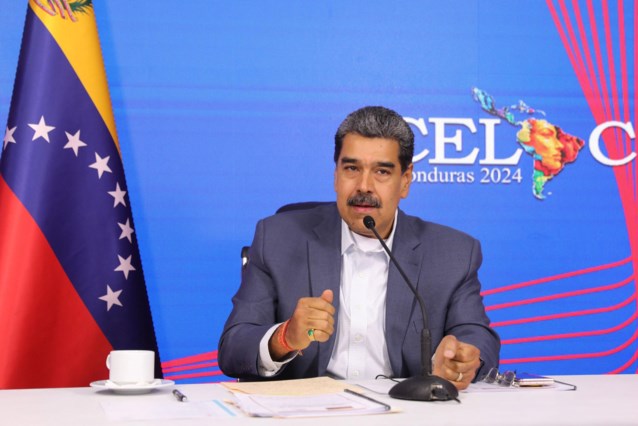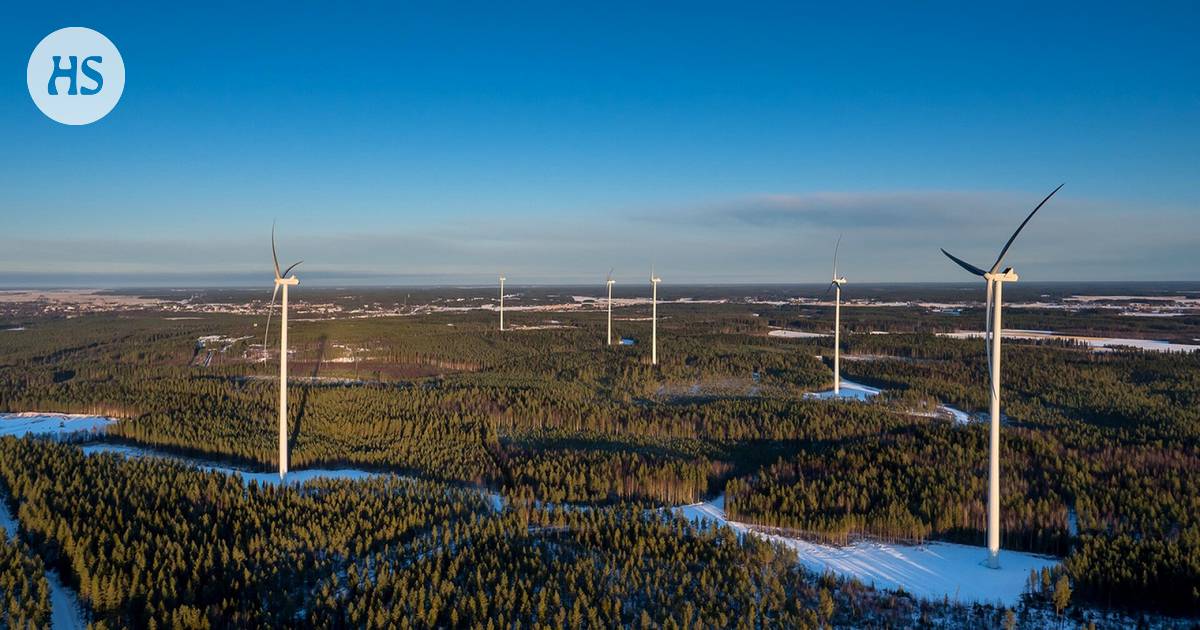Venezuela’s oil sector is facing a significant drop in production due to decades of mismanagement, lack of maintenance, and US sanctions. Despite having the world’s largest oil reserves and significant natural gas reserves, the country’s ongoing crackdowns on opposition by President Nicolás Maduro have led to this decline.
In an effort to address this issue, the US government had eased sanctions against Maduro six months ago. However, an agreement reached between Maduro and the US-backed opposition in Barbados turned out to be an empty promise as the main opposition leader María Corina Machado was not allowed to run for president and her replacement was also denied candidacy.
Despite these developments, major companies like Chevron, Shell, and Repsol had entered into agreements with Maduro’s government and state oil company PDVSA. The US government plans to reintroduce sanctions on Venezuela’s oil sector citing ongoing crackdowns on opposition by President Nicolás Maduro. However, these new sanctions will not disrupt the existing deal between Chevron and PDVSA.
These complex relationships highlight how political decisions can impact production levels in Venezuela’s oil sector. The country was producing 2.9 million barrels of oil per day ten years ago but has since dropped production to just 400,000 barrels per day due to various factors including political instability. Despite attempts at easing sanctions in recent years, production has only increased slightly from its low point in 2020 when it was producing 800,000 barrels per day in the first quarter of this year.
Overall, Venezuela’s oil sector continues to face challenges due to ongoing political instability and a lack of investment despite having significant resources available for development.


